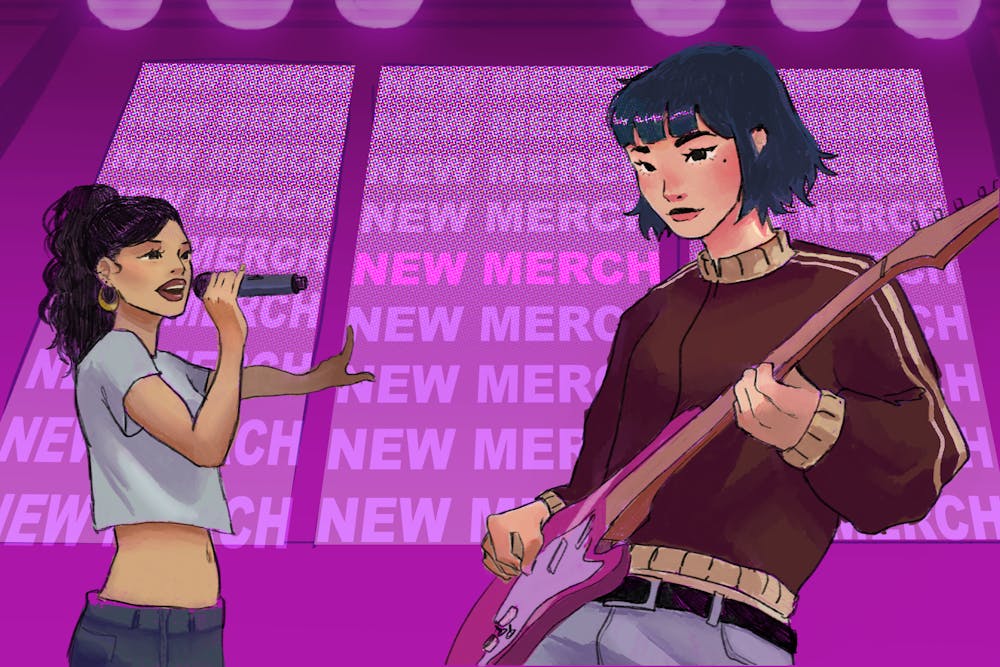It seems in the music world, if you want to be a fan, you better pay up. Sure, you can support your favorite artists by streaming their songs, but if you really want to be a fan, be prepared to shell out hundreds of dollars on merchandise and concert tickets.
At least, that’s what artists are hoping their fans will do. It’s written all over the products they sell and the prices they sell them for.
The best way to describe it is pure excess. Individual artists are selling an alarming quantity of products for an equally alarming price.
One of the best examples of this is Taylor Swift. Take one look at her website and you’ll see essentially the same item being sold multiple times in hopes that fans will buy each one.
For her “Midnights” album, released in 2022, Swift promoted four different editions of the album on vinyl, each one in a different color. If you bought all four, she advertised, the albums put together would create the image of a clock.
She’s using this same strategy for her upcoming album, too. On her website, she’s selling two different versions of vinyls and CDs that fans can preorder. Each one has its unique bonus track. Combine that with a “for a limited time only” marketing tactic, and the cash grab will be a success. These subtle differences are enough to get dedicated fans to buy each and every version of a product.
Artists have a monopoly over their name; they copyright most everything they can so that they can be the sole sellers of merchandise. While this ownership is important for artists to have autonomy over their brand, it can also perpetuate consumerism. They can make the price anything they want and fans will still pay. In fact, buying can get competitive, with some items selling out in mere minutes. The competition is what makes this work so well — the limited amount of items makes them that much more valuable and coveted.
While her fame allows her to operate at a much larger scale, Swift isn’t the only one influencing overconsumption. There are some artists that have an even larger influence on fans. One of the most notorious groups for merchandise and memorabilia, BTS, has a great business strategy of selling collectibles that some fans feel like they can’t live without. This includes the standard plethora of physical albums, yes, but also small items like photo cards, light sticks, keychains, nightlights and more.
There is nothing problematic about fans wanting to support their favorite artists or show their taste in music through purchasing merchandise — music can be a huge part of identity. The problem arises when artists capitalize on this appreciation by dropping item after item at prices that are much higher than the item should allow, knowing people will buy them anyway.



